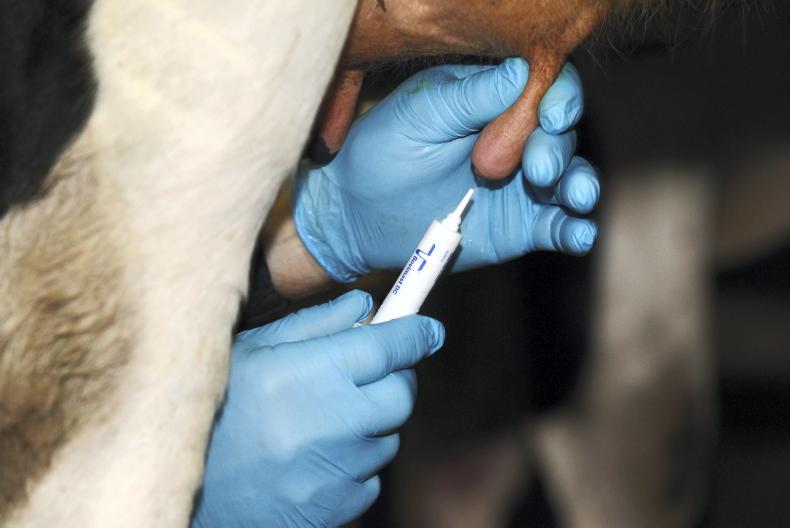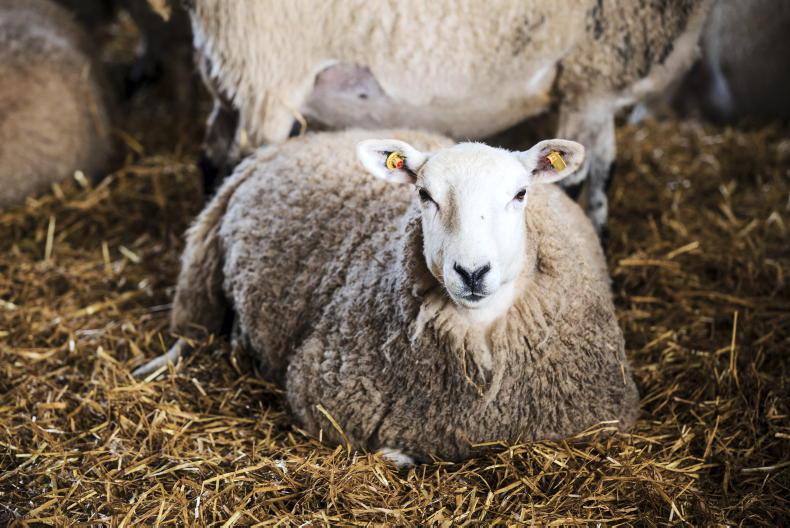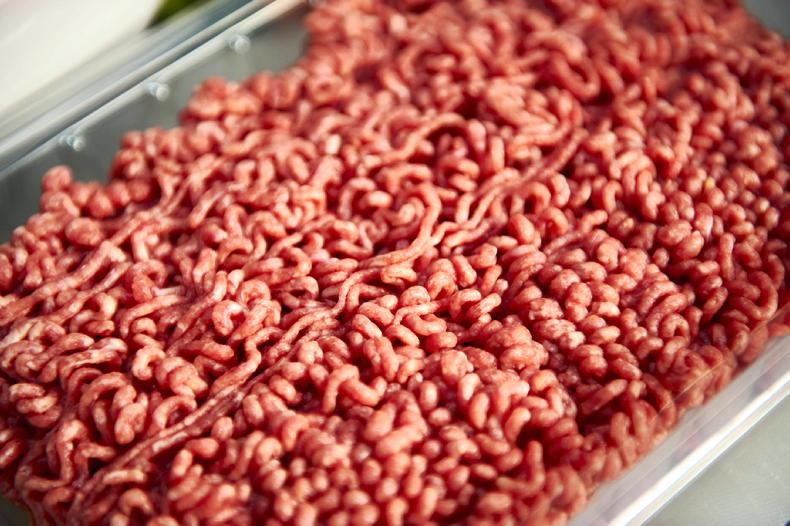Selective Dry cow therapy
This is the second winter of mandatory selective dry cow therapy (SDCT). The number of cows being milk recorded has increased by 7% this year compared to last year and it has increased by 70% since 2017, which is very positive.
The SDCT protocol for herds that aren’t milk recording remains a bit of a grey area, with vets prescribing based on a risk assessment and bulk tank SCC levels.
Some co-ops are offering a testing service for SCC only, whereby farmers can submit samples from individual cows for an SCC reading. These samples are taken manually and are not tested for fat or protein percentage.
One thing that is clear is that samples from high SCC quarters or clinical mastitis should be taken and submitted for sensitivity tests to know what drugs the type of mastitis will be sensitive to.
By right, these samples should be gathered throughout the year and frozen.
For herds that have carried out milk recording, the next task is to identify the cows suitable for sealer only. The easiest way to do this is to go onto the HerdPlus website, click into ‘view profiles’ and under ‘dairy’, go to ‘milk recording SCC’.
This will bring up all the SCC results from every test plus an average for this lactation and the last lactation.
At the top of the screen are a series of boxes with ‘from’ and ‘to’ in them. Insert the criteria for SCC being used into these boxes, for example from zero SCC to 100 SCC for the average for the year and at each test during the year.
You can also eliminate any cow that was treated during the year from the list of suitable cows. Talk to your vet about the best cut off for SCC, above which cows will get antibiotics. For most farmers it will be between 50,000 and 100,000 SCC.
Discussion groups
Discussion groups have an important role to play in sharing knowledge, experience and wisdom with other members. While it is done collectively, it relies on individuals to step up and set the culture of the group.
All too often, groups aren’t functioning correctly because individuals, whether host farmers or visiting members are not open about performance or issues on the farm.
With lower milk prices, higher costs and changes due to the nitrates derogation, discussion groups will have an even more important role to play over the coming years.
They will need leadership from within the members to drive that change. A number of discussion group members have been in touch recently enquiring about Dairy Day on 23 November in Cork.
They are planning on attending the event and then going out in Cork that night for their annual social. Group passes can be arranged by contacting me on abrennan@farmersjournal.ie
Parasites
After the wet weather, parasites such as liver fluke, rumen fluke and lungworm are likely to be far more prevalent than normal. All three can cause serious health problems.
Lungworm is often termed a gateway disease because it lays the groundwork for more serious diseases like pneumonia to take hold.
Rumen fluke is a serious disease, but one with very few treatment options, so make sure it is present before treating for it. Talk to your vet about testing for rumen fluke.










SHARING OPTIONS